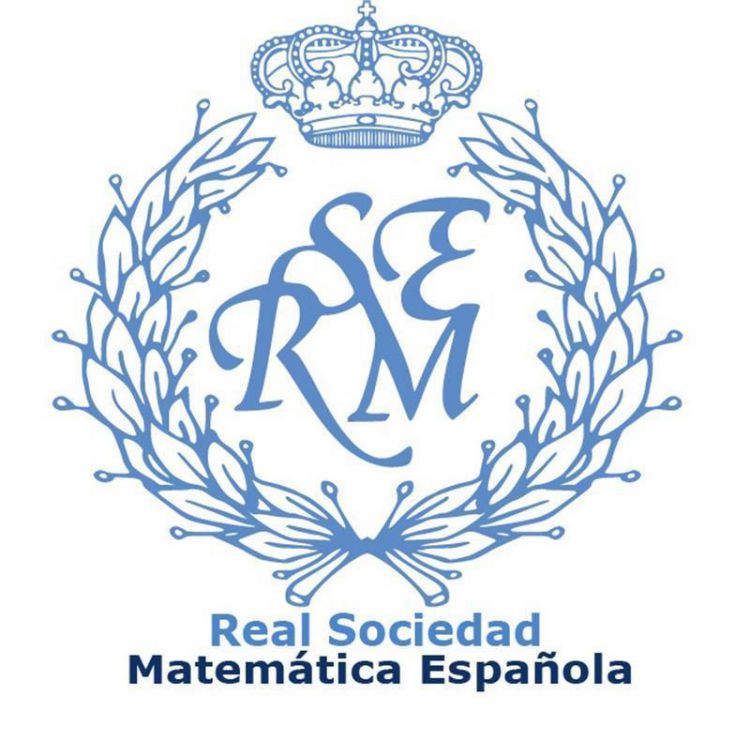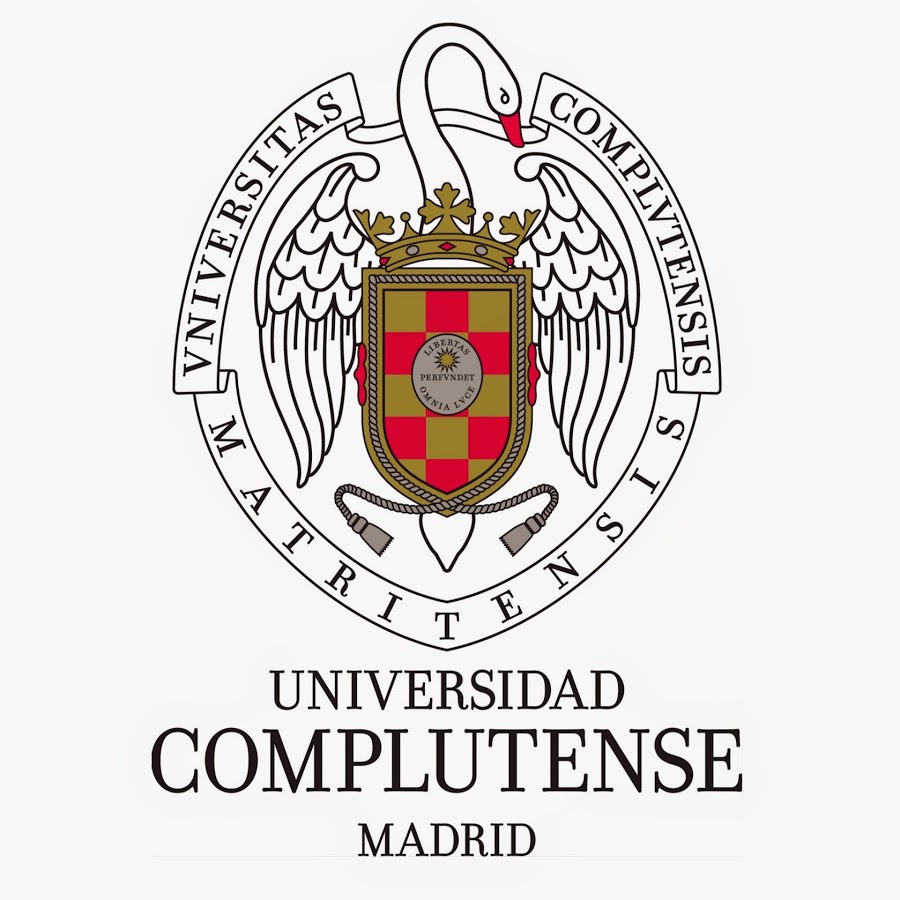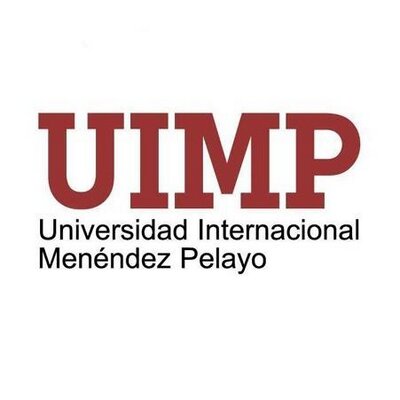LECTURES
The school consists in four mini-courses of one week each (integrated in the same week), namely:
1. Introduction to p-adic analysis
The objective of this course is to present the field of p-adic numbers, their topology, integration theory, and basic results of harmonic analysis. Taught by Prof. Wilson A. Zúñiga-Galindo (Center for Research and Advanced Studies of the National Polytechnic Institute - Cinvestav, Mexico).
Duration: 8 hours (6 theoretical and 2 practical).
Contents:
- Construction of the p-adic numbers.
- Topology, analytical functions, characters.
- Hensel's lemma, implicit and inverse function theorems.
- Haar measure and integration.
- Test functions and Fourier transforms.
- Distributions and Fourier Transforms.
Lectures Notes in PDF: Here
Basic bibliography:
- Albeverio S., Khrennikov A. Y., Shelkovich V.M., Theory of p-adic distributions: linear and nonlinear models. London Mathematical Society Lecture Note Series, 370. Cambridge Univ. Press, 2010.
- Vladimirov V.S., Volovich I.V., Zelenov E.I., p-adic analysis and mathematical physics, World Scientific, 1994.
2. Introduction to local zeta functions
This course is intended to introduce the basic ideas and results (with an emphasis on exercises) about local zeta functions. Taught by Prof. Willem Veys (University of Leuven, Belgium).
Duration: 8 hours (6 theoretical and 2 practical).
Contents:
- p-Adic varieties.
- Critical sets and critical values.
- Hironaka's desingularization theorem.
- Analytic continuation of local zeta functions.
- Local zeta functions for curves.
- Igusa stationary phase formula.
- Exponential sums.
Basic bibliography:
- Igusa, J. An introduction to the theory of local zeta functions. AMS / IP Studies in Advanced Mathematics, 14. American Mathematical Society, Providence, RI; International Press, Cambridge, MA, 2000.
3. Introduction to motivic Poincaré series
This course is intended to introduce the basic ideas and results (with an emphasis on exercises) about the Poincaré series. Taught by Prof. Sabir M. Gusein-Zade (Moscow State University, Russia).
Duration: 8 hours (6 theoretical and 2 practical).
Contents:
- The Euler characteristic.
- Integration with respect to the Euler characteristic.
- Poincaré series associated with filtrations and integration.
- Calculation of Poincaré series and integration.
- The universal Euler characteristic and motivic measures on the space of functions.
- Motivic integration.
- Motivic Poincaré series.
Basic bibliography:
- Gusein-Zade, S.M .: Integration with respect to the Euler characteristic and its applications. Russian Math. Surveys 65: 3, 399-432 (2010).
4. Introduction to the singularities of plane curves.
The aim is to introduce the basic aspects of the theory of singularities of plane curves, with special attention to the resolution of singularities. Taught by Prof. Francisco J. Monserrat (Polytechnic University of Valencia, Spain).
Duration: 8 hours (6 theoretical and 2 practical).
Contents:
- Newton-Puiseux expansions.
- Blowing ups and clusters.
- Resolution of singularities.
- Invariants of singularities.
- Equisingularity.
- Plane valuations.
Basic bibliography:
- Campillo, A., Algebroid curves in positive characteristic. Lecture Notes in Mathematics, 813. Springer Verlag, 1980.
- Casas-Alvero, E., Singularities of plane curves. London Mathematical Society Lecture Note Series, 276. Cambridge Univ. Press, 2000.







